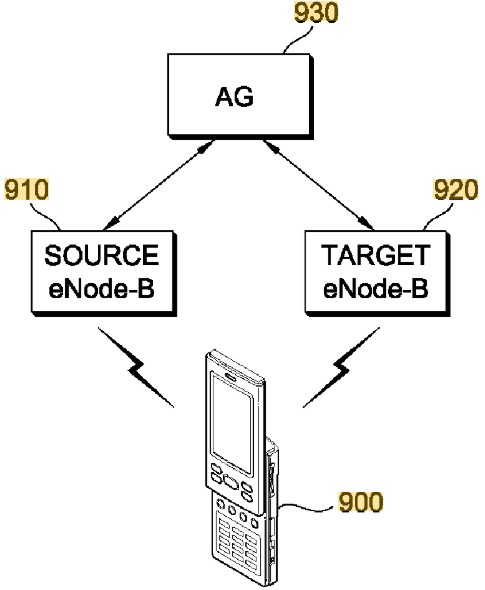In its March 10, 2025 decision in Sierra Wireless, ULC v. Sisvel S.p.A., the Federal Circuit vacated a Patent Trial and Appeal Board (PTAB) decision due, in part, to the improper reliance on an expert witness who was not shown to possess the qualifications of a person of ordinary skill in the art (POSITA). For patent litigators and practitioners navigating IPR proceedings, the court’s analysis serves as a reminder of the evidentiary standards governing expert testimony.
Background
Sisvel’s U.S. Patent No. 7,869,396 covers an ARQ method in wireless communications. The appellants—Sierra Wireless, Honeywell, and Telit Cinterion—challenged all claims in IPR, asserting anticipation and obviousness based on a prior international application (“Sachs”).
The PTAB held the independent claims (1, 2, and 6–8) unpatentable but upheld the dependent claims (3–5, 9, 10). Both parties appealed. On appeal, the Federal Circuit took particular issue with how the Board assessed expert testimony from Sisvel’s declarant, Regis Bates.
Expert Qualifications: The Core of the Dispute
Appellants argued the PTAB improperly relied on Bates’ declarations despite his failure to meet the Board’s own definition of a POSITA. Specifically, the Board had defined a POSITA as someone with:
- A degree in electrical engineering or a similar discipline, and
- At least three years of relevant industry or research experience in wireless radio systems for data transmission and retransmission.
Bates lacked a technical degree and had no clear experience designing transmission/retransmission methods in cellular networks. Nonetheless, his testimony was repeatedly cited by the Board in support of its obviousness and anticipation findings.
The Federal Circuit agreed with the appellants, citing Kyocera Senco Indus. Tools Inc. v. ITC, 22 F.4th 1369 (Fed. Cir. 2022), to reaffirm that a witness must possess at least the ordinary skill in the art to opine on claim construction, anticipation, and obviousness. The Board’s reliance on Bates, without addressing whether his decades of telecommunications experience could substitute for formal qualifications, was deemed an abuse of discretion.
Practical Takeaways
- POSITA matters: A witness’s qualifications must align with the Board’s (or court’s) definition of a skilled artisan. Practitioners should be prepared to establish this alignment explicitly—especially in PTAB proceedings, where the evidentiary record is often limited to declarations and cross-examination.
- Challenge early and clearly: Raise challenges to expert qualifications as early as possible. In this case, the issue was preserved and ultimately reversed a PTAB finding.
- Substance over longevity: Even decades of experience in a general field may not suffice if it doesn’t map to the specific technical area required under the POSITA standard.
Final Thoughts
As patent practitioners continue to leverage expert declarations in IPRs and litigation, Sierra Wireless underscores the importance of tightly linking an expert’s credentials to the POSITA definition. Courts will not hesitate to vacate Board decisions that rest on testimony from unqualified experts—regardless of the expert’s experience or the PTAB’s apparent confidence.
By Charles Gideon Korrell

